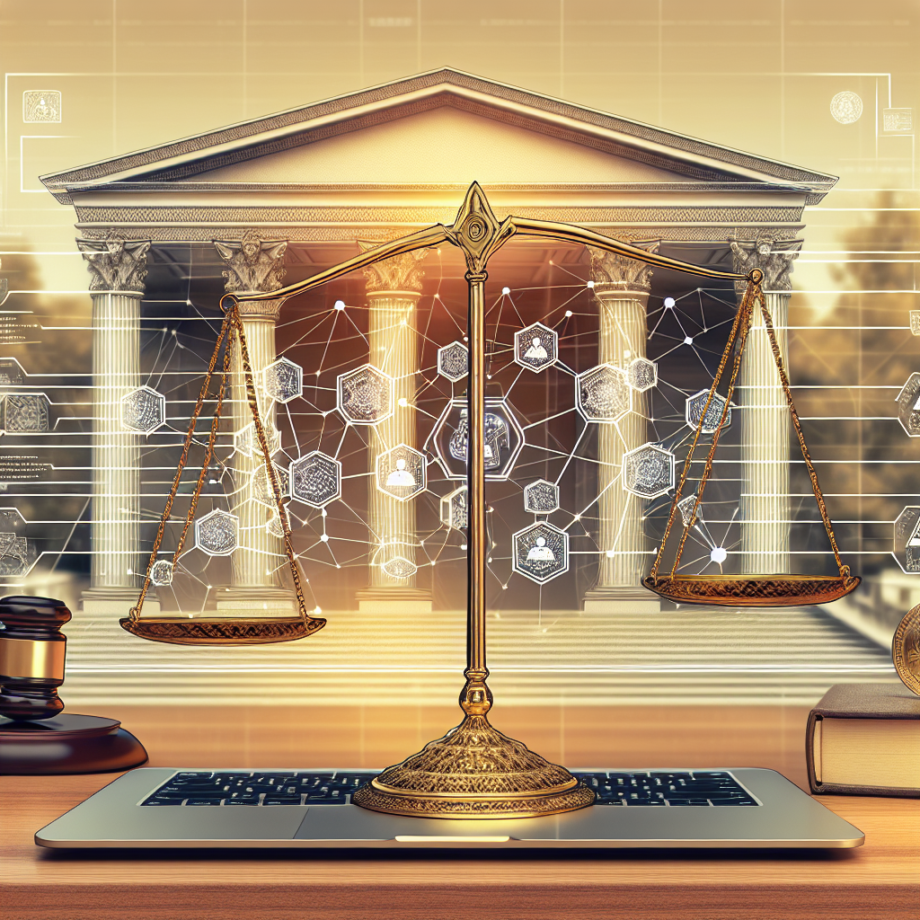
Introduction
In recent years, the emergence of blockchain technology has introduced a revolutionary concept known as smart contracts. These self-executing contracts with the terms of the agreement directly written into code are changing the landscape of various industries, particularly in the legal sector. This article delves into how smart contracts are reshaping legal processes, offering numerous benefits such as enhanced efficiency, transparency, and reduced costs.
What Are Smart Contracts?
Smart contracts are digital protocols that facilitate, verify, or enforce the negotiation or performance of a contract. They operate on blockchain technology, which ensures secure and immutable record-keeping. A smart contract automatically executes actions based on predefined conditions, eliminating the need for intermediaries. This feature significantly accelerates legal processes.
Key Characteristics of Smart Contracts
- Autonomy: Smart contracts eliminate the need for third parties, allowing parties to manage their agreements independently.
- Trust: The transparency and security of blockchain technology build trust between parties, as the contract’s terms cannot be altered without consensus.
- Accuracy: Automated execution reduces human error, ensuring that all terms are met precisely as agreed.
- Cost-effectiveness: By removing intermediaries, smart contracts can significantly lower transaction costs.
The Impact of Smart Contracts on Legal Processes
1. Streamlining Contract Management
Traditional contract management involves lengthy processes of drafting, reviewing, and signing. Smart contracts enable parties to create and finalize agreements quickly, as all conditions are clearly programmed into the contract. This streamlining leads to faster execution and reduces administrative burdens.
2. Enhanced Transparency and Security
With blockchain’s transparent nature, all parties can access the same information in real-time, fostering greater accountability. Additionally, the cryptographic security of blockchain ensures that contracts are safe from tampering, thus providing a more secure legal framework.
3. Dispute Resolution
Disputes are common in traditional contracts. However, smart contracts offer built-in mechanisms for resolving disputes through automated agreements. If a clause is violated, the contract can automatically enforce penalties or penalties, reducing the need for litigation.
4. Compliance and Regulatory Clarity
Smart contracts can be programmed to adhere to specific regulatory requirements. This feature allows businesses to maintain compliance automatically, minimizing the risk of legal issues resulting from non-compliance.
Challenges and Considerations
While smart contracts present numerous advantages, they are not without challenges. Legal recognition of smart contracts varies by jurisdiction, which can complicate enforcement. Moreover, the initial development of smart contracts requires significant expertise in both law and programming.
Conclusion
Smart contracts represent a paradigm shift in how legal processes are conducted. With their ability to improve efficiency, enhance transparency, and reduce costs, they are poised to play a crucial role in the future of legal agreements. As the adoption of blockchain technology continues to grow, the legal industry must adapt to leverage these innovations for better outcomes.
